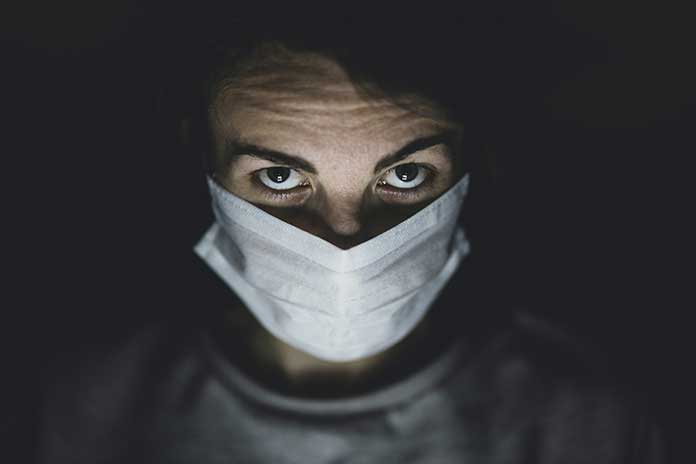Sars-CoV-2 has long been on the decline – at least the original variant that plagued us a year ago. Today new variants dominate. And they sometimes come with entirely different symptoms! Problematic: Not many people know that – and consider their infection to be a harmless cold.
Fever and cough, possibly shortness of breath – these are the main symptoms of Covid-19. Or? That’s not entirely true anymore. While they still play a role, the symptoms of Covid-19 have changed – with every change the coronavirus has undergone. An overview.
The Most Common Corona Symptoms Have Changed
The Sars-CoV-2 coronavirus is changing on its way around the world. The more people it can infect, the more changes are possible. Because to spread, the virus copies itself over and over again. This can lead to copying errors. Some of these errors prevail in the end – because they make the virus more contagious or, in the worst case, it can re-infect people who have recovered or been vaccinated.
After the more contagious so-called alpha variant prevailed in Germany in winter and spring, the delta variant is now advancing. It is even more virulent than the alpha variant and can also evidently bypass immune protection a little better.
And as the virus changes, it can also trigger other symptoms. Problematic: These symptoms are not necessarily those we know from our knowledge of the coronavirus that we have built over the past year. They are much more similar to other, actually more harmless, respiratory infections and less to those with the flu.
Also Read: How Does Cold Affect Our Health?
These Are The Old And New Most Common Covid-19 Symptoms
Last year, fever and cough and the onset of shortness of breath, muscle or joint pain, and sore throat were the most common symptoms that prompted people to be tested for Covid-19, but that has now changed.
The Delta variant brings with it headaches and a runny nose. The latter, in particular, was previously none of the symptoms associated with the coronavirus. Sore throats, coughs, and fever is also still common, but not reasonably as expected. Quarks have summarized the most common Covid-19 symptoms of 2020 and today in a chart. The current data refer to reported symptoms in the UK, where the delta variant has been the most common for weeks.
Symptoms In Children And Adults Are Similar
You can tell: These are all symptoms that you could expect from a completely normal cold. Fortunately, in many cases, it stays that way. However, Covid-19 can still be severe. Especially those who have not been vaccinated are still at high risk, depending on their age and previous illnesses. But children can also get seriously ill with Covid-19.
It is noticeable that the symptoms of adults and children are now similar. The basic variant of the coronavirus usually showed up in children with other symptoms, such as diarrhea and vomiting.
There is hardly any symptom in the Delta variant. If the loss of the sense of smell and taste was once one of the most precise indicators of Covid-19, it is now hardly mentioned. All of this shows how differently the coronavirus works in the body in the delta variant.
Also Read: Menstrual Pain The 3 Best Ways To Relieve Period Pain
Beware Of A Cold: You Could Transmit The Coronavirus!
So anyone who observes cold symptoms should now also think of Covid-19. That means: is your nose running? Then please isolate yourself first and have a PCR test done as soon as possible. Of course, the cold does not have to be caused by the Sars-CoV-2 coronavirus, but there is a possibility. And against the background of the higher infectivity of the Delta variant, isolation and testing are now crucial to prevent further spread and not inadvertently infect others.
Against this background, it is also essential to keep the second Corona vaccination appointment in any case to ensure the highest possible vaccination protection against the Delta variant. An exception to this is the vaccine from Johnson & Johnson, which has only been administered in one dose. But here, too, something could change in the future. There may be booster vaccinations for those vaccinated with Johnson & Johnson. But for the time being, the protection is still sufficient, according to experts.


